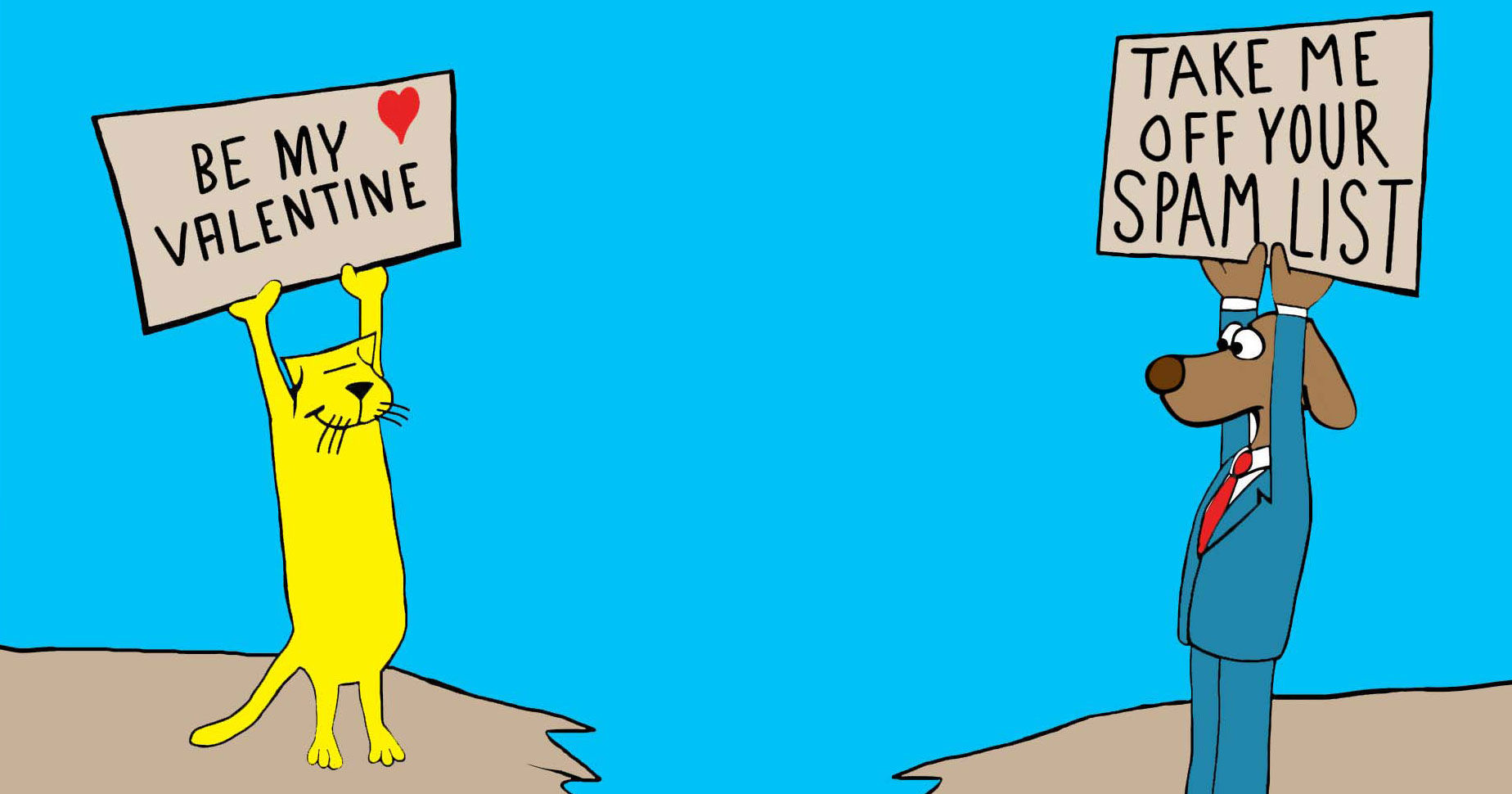
In preparing trivia questions for my Adelaide Fringe show, 100% MBA Success: Whisky And Trivia With Professor Longsword, I was shocked to learn that I needed to find alternatives to kind regards, my favourite valediction at the end of all my emails and letters, considered by many as a passive aggressive sign off.
It has given me great pause for thought and although some advocates argue that it is acceptable, the overwhelming majority of correspondents deplore the term as one of the greatests sleights and insights known to humankind.
Of course, as a warm, cordial, and much loved professor, I needed to apply some MBA Thinking to this matter so I could continue signing off with the same, heartfelt compliments as before but not with wording that causes offence and possibly undoes my goodwill.
I have researched and developed 9 pleasant alternatives to kind regards that are warmly ingratiating rather than passively aggressive.
Are you being passive aggressive without realising it? I was.
Mayo Clinic defines passive aggressive comments as words that, “indirectly express negative feelings instead of openly addressing them.” Well, isn’t that nice of them to say so!
But as I discovered, some common, habitual phrases, typed with fast love and orthodox respect, can actually be perceived as passive aggressive.
While this article is about replacing “kind regards”, take a look to see if you are using any of these most commonly-used passive aggressive phrases in the workplace, according to Business News UK:
- Please advise (translation: I am asking you YET AGAIN)
- Friendly reminder (translation: I’m rather pissed off you haven’t done this yet)
- Thanks in advance (translation: you have no choice, just do it)
- As per our last email (translation: hello, is anybody home, how many times do I need to tell you)
- As promised (trnaslation: here is what you asked for, which you are only getting now because I have had more important tasks ahead of yours in the queue)
Why is kind regards considered passive aggressive?
There are many articles online about the hidden nastiness of “kind regards”, but here are a couple.
According to boredpanda.com, kind regards means, “I’m just trying to sound polite after all the demands I just made.”
According to Toll Free Forwarding, “the email sign-off “kind regards” can come across as cold or ingenuine to some employees, securing a spot as one of the most passive aggressive email phrases.”
And according to The Werk, kind regards sounds downright nasty:
“A lie. Or is it? “Regards” suggests pure vitrolity, but kindness. Its inclusion is unnecessary as a send-off, and could otherwise be interpreted as a declaration of hate. Is there anything kind about a sign-off like this? Would you yell it across the mall to a dear friend you haven’t seen in months? Of course not. But this is the work of a chaotic neutral, and by the time you’ve finished deciphering their code, they will have been promoted to your boss.
Oh dear. This might explain why my letters to the vice chancellors of University of Adelaide, Flinders University, and the University of South Australia, about merging our schools went unanswered.
Here are my 9 alternatives to kind regards
If you’re like me and you’ve used kind regards for many years as a sincere form of kindness and cordiality, fear not.
I have applied some MBA Thinking so that we can use some alternative sign offs that still convey the warmth of our hearts by using similar but different words.
With great thanks to Roget’s Thesaurus, here are my nine alternatives for kind regards.
- Affectionate commendations
- Amiable compliments
- Charitable deference
- Compassionate respects
- Considerate love
- Cordial remembrances
- Courteous salutations
- Friendly good wishes
- Gentle love and kisses
I encourage you to sign off with these alternatives to kind regards, and re-establish yourself as a mild-mannered, caring individual who adapts their habits when they come upon new information.
Yours longingly
Professor Longsword


4 Comments
On the rare occasion I do use email I’m likely to use anywhere between 3 and all the above.
Sometimes I like to shorten it to:
“If I have to email you about this again, it will be followed by an act of violence. Get it done”.
One wonders if procuring some lip balm might make you more open to trying the sign off, gentle love and kisses?
“Gentle love and kisses”—I’ll be using this from now on. Thanks, you gorgeous hunk of Professordom, you.
Gentle love and kisses,
Lord Hopkins of Blairadam
And many, slobbery returns, my good man. Sebastian